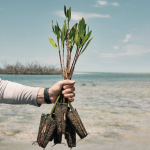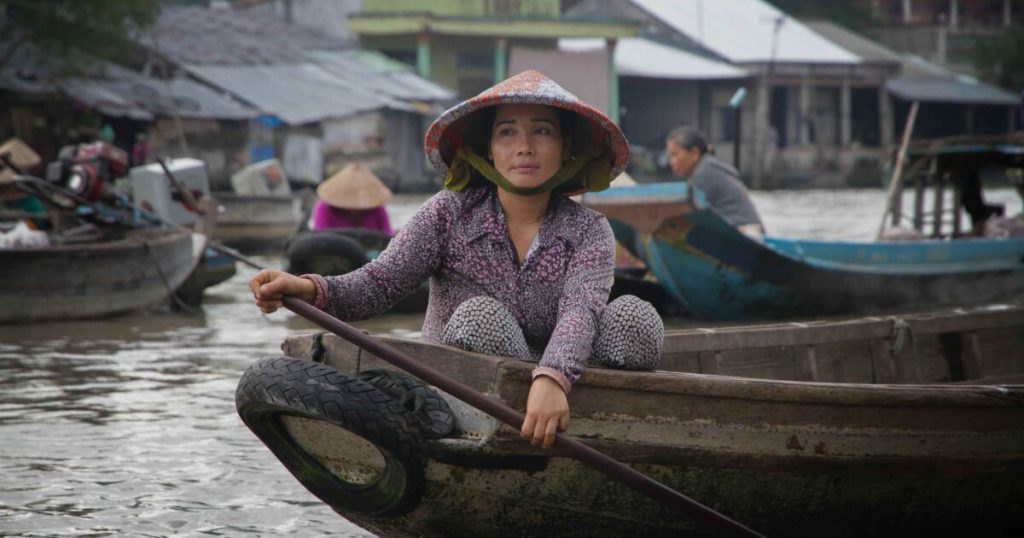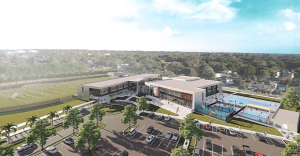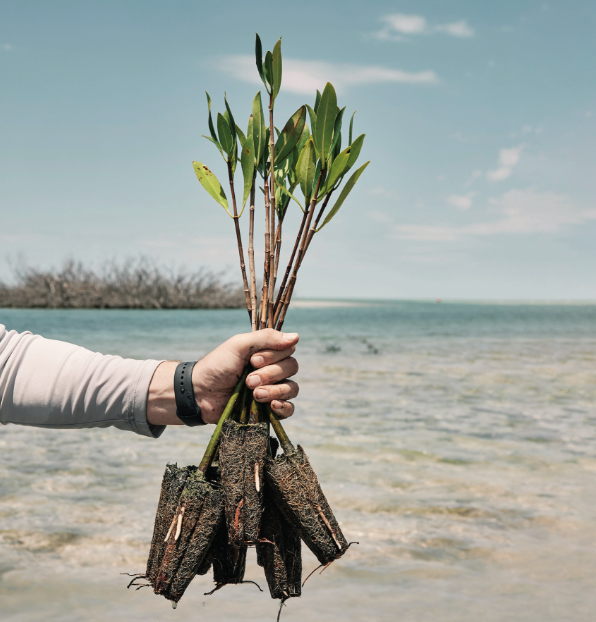Women lead climate adaptation Vietnam coastal heart
Women-led mangrove nurseries along Vietnams coast are breaking climate adaptation norms and stereotypes, proving that traditionally marginalized groups can spearhead initiatives to combat climate change. The project titled “Strong Roots, Strong Women,” launched in 2019, harnesses the resilience of women to restore coastal communities and ecosystems through community-managed mangrove nurseries. The project, co-managed by the Center for Social Research and Development in Central Vietnam and the University of Potsdam in Germany, aims to enhance womens capacity to self-manage natural disasters, challenging the longstanding notion that this responsibility solely rests on men. (source=fairplanet.org)
A key finding from an internal report examined by FairPlanet reveals that mangroves play a crucial role in mitigating flood risks and coastal erosion in coastal areas, while also providing various other benefits to local livelihoods. After two years of implementation, the project has successfully established a 3,000-square-meter mangrove nursery, completing three stages of incubation and planting a total of 47,000 seedlings. The Provincial Womens Union highlights that the project has had a significant impact on changing gender norms and empowering women in disaster prevention and management. Women actively participate in mangrove nursery activities and engage in performances that raise awareness about natural disasters and climate change. (source=fairplanet.org)
However, project coordinators express concerns about sustainability beyond the initial 2-3 years of available support. To address this, the projects design phase incorporated complementary sub-projects that extend the time for afforestation and the implementation of satellite projects. The strategy aims to involve local governments and residents while deviating from conventional educational sessions by utilizing engaging methods such as theater performances, storytelling, and field trips. By shifting mindsets and fostering behavioral changes, the project aims to create lasting impact even if the initiative ceases to exist. (source=fairplanet.org)
Hue, a historic city in Central Vietnam, is particularly vulnerable to floods and severe weather events due to its coastal location. The regions women, who face heightened vulnerability compared to other parts of the country, actively participate in the projects community-driven decision to plant mangrove forests along the Tam Giang lagoon. These forests not only expand mangrove areas but also generate income by supplying seedlings to other communities, enhancing the resilience of the lagoons ecological system and creating sustainable livelihoods. Women in the region have proven their leadership and adaptability in preparing for and recovering from natural disasters, challenging gender stereotypes. (source=fairplanet.org)





